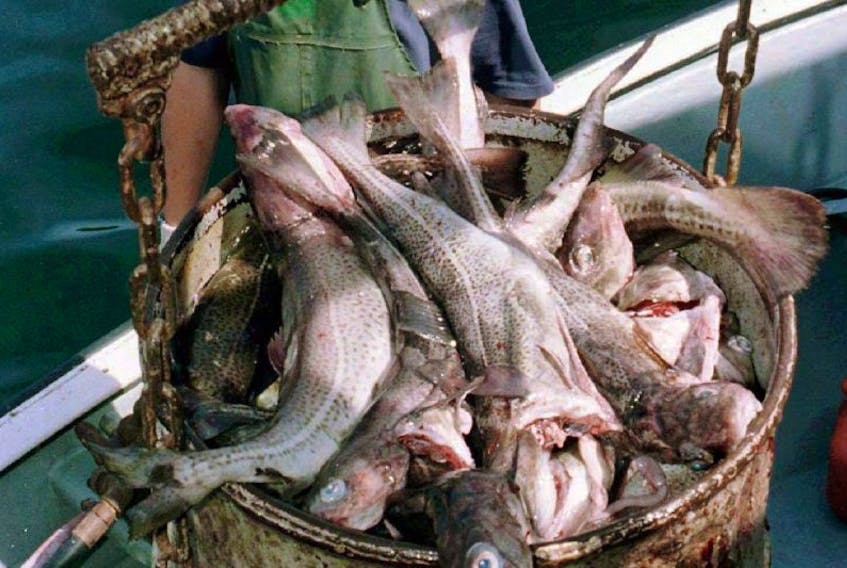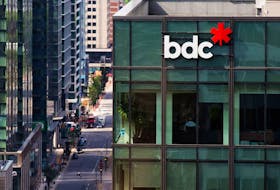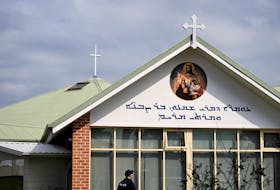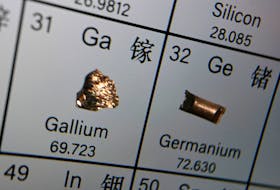Collapsed, recovered and collapsed again, North Sea cod over the years seemed on a different path than northern cod, and different methods were undertaken to attempt recovery and sustainability.
On Wednesday, the Marine Stewardship Council (MSC) announced that North Sea cod has received its distinguished certification after the stock passed an independent assessment against the MSC’s strict standards.
The MSC is an international non-profit organization established to address the problem of unsustainable fishing. The MSC’s eco-label and fishery certification program is the most influential in the world, as it sets and maintains credible standards for sustainable fisheries and seafood traceability. The standards are a benchmark in the international fishing industry.
“Over a decade since North Sea cod stocks came close to collapse, shoppers and diners can finally buy the popular fish with a clear conscience following the announcement that Scottish and English cod boats, which are members of the Scottish Fisheries Sustainable Accreditation Group, are now MSC certified,” the MSC news release stated.
“Thanks to the enormous efforts of a coalition of fishing organizations with support from supermarkets, seafood brands and the industry body, Seafish, North Sea cod has passed an independent assessment against the MSC’s strict standard. The news means that — subject to strict traceability requirements — North Sea cod can now be sold in supermarkets and restaurants bearing the MSC ‘blue tick’ label, indicating that it is sustainable and fully traceable.”
With northern cod stocks off the east coast of Newfoundland in a recovery stage and with some level of increased fishing effort expected in coming years, the Canadian fishing industry and governments have been striving to carve out a path to return to a northern cod fishery that is sustainable and that would meet the MSC’s standards.
The 3Ps cod fishery off the province’s coast gained MSC certification some years ago.
Longtime Bay de Verde fisherman Tony Doyle said Newfoundland fishermen don’t want to make the same mistakes of the past, nor do they want the industry to go down the same road that led to the northern cod collapse. They want to land top-quality cod for a modern marketplace that will pay better for high-quality fish, he said.
“I don’t want to catch a quarter of a million pounds of fish for 20 cents a pound. I want to catch 50,000 or 60,000 pounds for $1.50 a pound,” Doyle said earlier this month. “That’s where I’m to, less fish and better quality for more money. And the industry is in the process of trying to do that.”
Toby Middleton, the MSC’s program director for the northeast Atlantic, stated in the news release that, “Today’s certification marks the end of the cod confusion. If you can see the MSC label on your cod, you know that it has come from a sustainable source. By choosing fish with that label, you will be helping to protect stocks long into the future.
“Thanks to a collaborative, cross-industry effort, one of our most iconic fish has been brought back from the brink. Modified fishing gear, catch controls, well-managed fishing practices — all these steps have come together to revive a species that was in severe decline. And now shoppers and diners can play their part. By only choosing MSC certified sustainable North Sea cod, we can all help to protect this much-loved fish and ensure it’s never at risk again.”
The release notes the announcement is a momentous achievement for the North Sea cod stocks.
“Cod stocks in the North Sea peaked at 270,000 tonnes in the 1970s, when North Sea cod was widely sold and enjoyed. However, stocks fell to just 44,000 tonnes in 2006,” it stated. “Since then the industry has worked with the Scottish Government and EU Fisheries Council to agree and implement a ‘Cod Recovery Plan’ that would nurse the stock back to health.
“The plan linked the number of days fishing that boats were given to the conservation measures they signed up to. The plan aimed to reduce cod catches by 25 per cent in 2009, followed by subsequent annual reductions of 10 per cent. In response, the Scottish industry closed large spawning areas to fishing and introduced a system of real-time closures to protect aggregations while trialling new nets and developing a system of remote electronic monitoring using CCTV cameras on board boats.”









